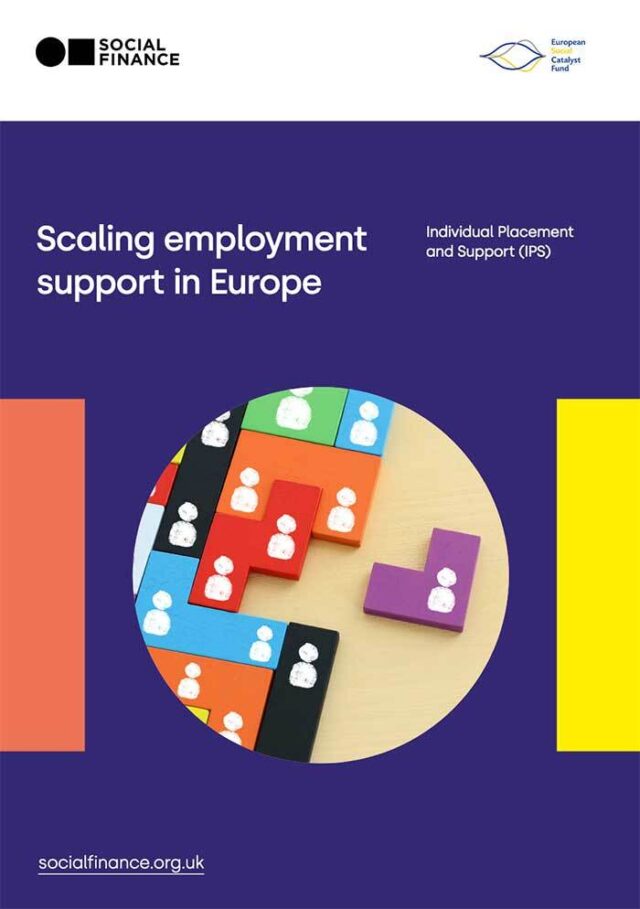
Global skills: Trends and best practice
However, the sector needs to adapt and respond to large scale demographic changes in the workforce, to shifts in demand for skills, and to new, innovative ways to deliver education and skills training.
The City of London local authority, who play a crucial role as a global hub in skills and education training, commissioned Social Finance to undertake a review of the state of adult skills training around the world.
Watch an introductory video to the report below.
I’m Ankita. I’m a manager at Social Finance and work within our skills and employment team. Today, I’m delighted to launch our report on global skills trends and best practice, commissioned by the City of London to undertake a global review of the future of skills and education provision.
Lifelong education and adult skills training plays a crucial role in creating a more equal society. However, the sector needs to urgently adapt and respond to changing needs.
We identified three key trends in our report. My colleagues, Holly and Ivjyot, who authored the report, will talk you through them.
The first trend we explored are the significant shifts in worker and learner demographics. Working lives are getting longer. People are following non-linear career paths. Entrepreneurialism is on the rise and globalisation is creating a more dynamic workforce.
The second trend that we explored is the way that skills needed for employment are changing. From the rise of digitisation in the workforce and growing demand for fusion skills,to the need for green skills to tackle the climate crisis, training and education for children and adults must be tailored towards future needs.
The final trend we explored is in the way that learning methods are being transformed by the private sector and technology. An increasing number of people are accessing training online, and there’s a shift towards non-accredited, employer-led forms of training. We believe there is an important role for the government to harness the energy of the private sector and coordinate between employers, learners and funders to ensure that education and training meets skills gaps and that disadvantaged learners are not left behind.
The report outlines three key trends:
- Changes to workforce and learner demographics. Working lives are getting longer, people are following non-linear career paths, entrepreneurialism is on the rise for young people and globalisation is creating a more dynamic workforce. There is a role for governments to prepare learners for these shifts, and to respond with support for those who need to change career, need to upskill or re-skill, or who have lost jobs.
- Changes to the skills required for employment. Technological advances and pressing global challenges such as climate change alter the mix of skills and competencies that employers require. There is growing demand for digital and socio-emotional skills, and a reducing (although still significant need) for physical and manual skills. These trends risk exacerbating existing inequalities, and favour those with higher levels of education. Employers, governments, and training providers are searching for new ways to map current skills demand and predict their future skills needs to ‘future-proof’ learners and the workforce.
- Changes to the learning ecosystem and learning methods. The private sector is playing an increasingly prominent role in delivering training, both in partnership with, and separately to government lead forms of training. There are risks that employers target those who already have access to work, exacerbating existing skills gaps. There is an important role for government to harness the energy of the private sector and coordinate between employers, learners and funders, to ensure that disadvantaged learners are not left behind.
There are many examples of good practice of how local and central governments, third sector organisations and the private sector are working together to respond to these changes with inclusivity in mind, many of which are outlined in the report. For example, social investors, the private sector and governments are working together in India and USA to enable access to skills courses for those excluded from training. There is a crucial role for government in convening the various initiatives to ensure that there is collaboration not duplication and to place equity at the top of the agenda.




